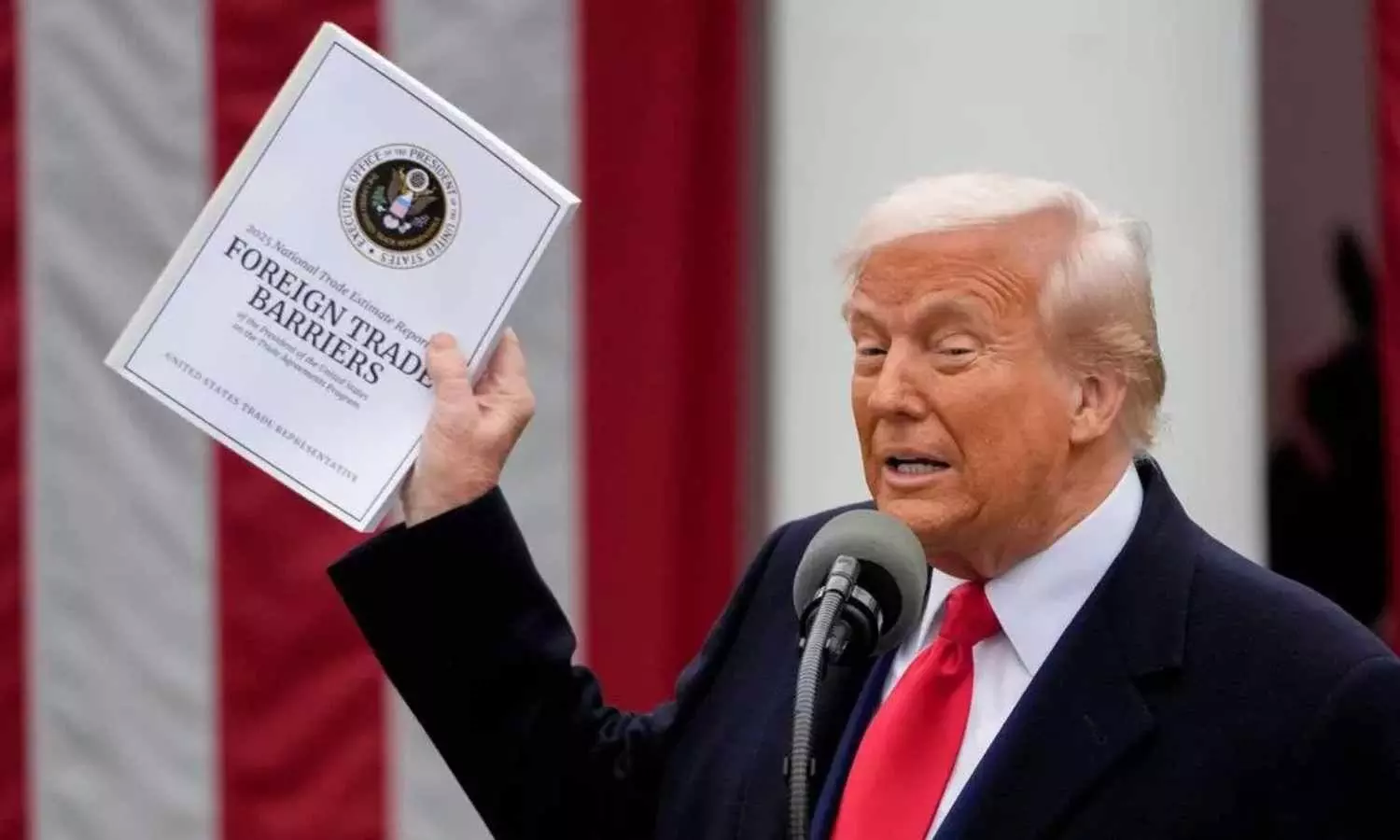Mark Mathews: Dollar’s Fall Likely to Continue, Leading to Foreign Inflows in India
Mathews told CNBC-TV18 that the growth outlook remains positive as it’s encouraging foreign investors to invest money in the country.
Mark Mathews: Dollar’s Fall Likely to Continue, Leading to Foreign Inflows in India

According to Mark Matthews, Head of Research Asia at Julius Baer, the overall health of the Indian equities market remains weak amid poor earnings projections, high valuations and uncertainty in global markets, however, investors shouldn’t worry about this. Mathews told CNBC-TV18 that the growth outlook remains positive as it’s encouraging foreign investors to invest money in the country.
Matthews believes that a weakening US dollar is a positive indicator for emerging markets. He said, “The main thing is that the dollar is still overvalued, and our view is it will weaken over the next 12 months, probably about 10 to 15% overvalued based on our real effective exchange rate model.”
The US dollar has fallen by about 8% against established currencies.
He noted that last year’s slowdown concerns have now subsided, inflation is also under control, moreover, two more interest rate cuts will turn out to be favourable for the Indian equities market. Matthews said, “The market is always looking forward. So it’s true that there has been some economic weakness, but if we look forward, I think we will see acceleration.”
He added, a potential 2008-like global financial crisis and slowdown in the US will force investors to look forward to other markets.
Indicating that domestic consumption is India's main growth driver, not its ties to the US economy, he said, “India's economy among the major emerging markets is about as decoupled from the US as you can get.”
In the global market context, Matthews dismissed the US-China trade tensions as mere theatrics. Despite China claiming no talks are underway and the US insisting dialogue is happening, he said, “Behind the scenes, there is no doubt that they are talking.”
The surge in Asian markets is largely due to change in narrative – from escalation to de-escalation.

